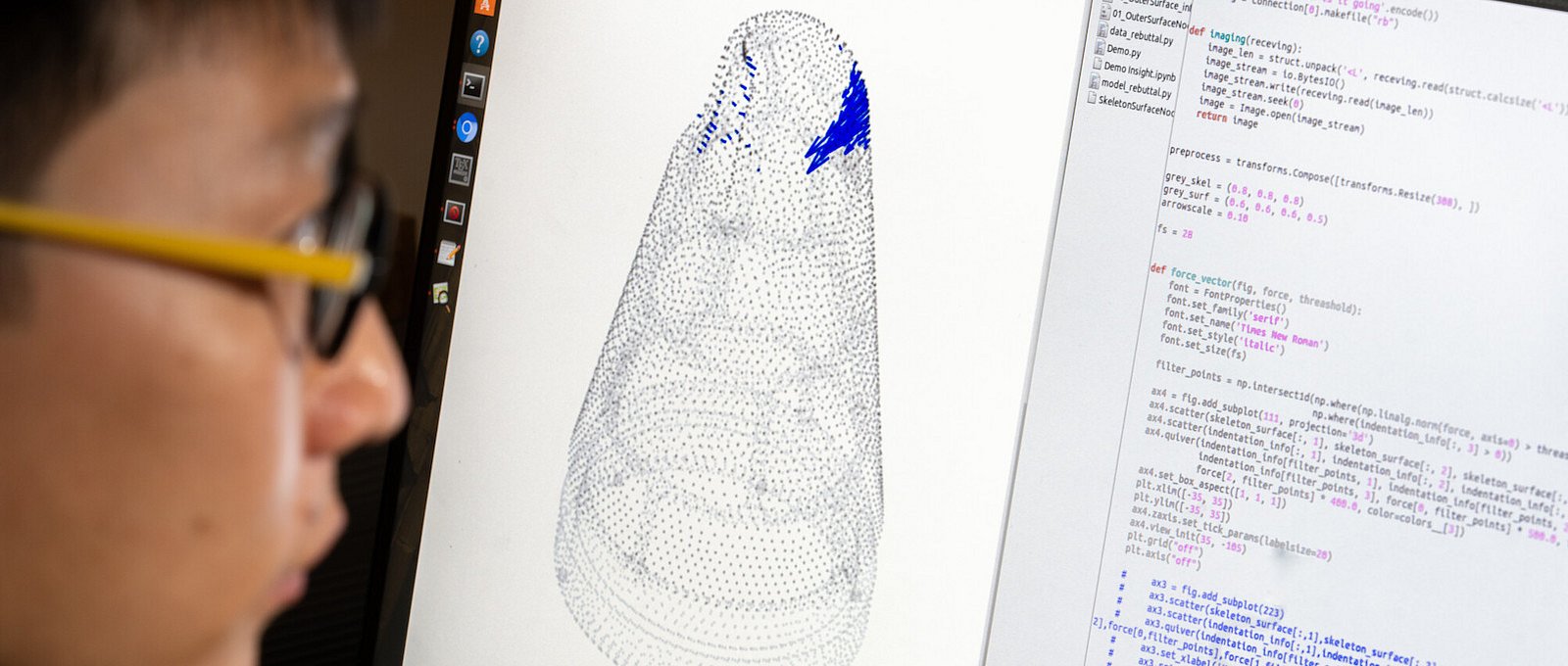Artificial Intelligence
Artificial intelligence pervades our lives. When we connect with our friends on social media, when we transfer money through online banking, when we navigate the fastest route to the supermarket, or when we ask a chatbot to write an email for us, we use some form of artificial intelligence. AI Research covers a wide area. Many scientific disciplines intersect to create an advanced technology like a large language model.
Machine learning (ML) is at the core of modern AI. A machine learning algorithm learns patterns and relationships based on past data and experiences and then makes predictions about a new situation without requiring input from a human. Well-known applications of ML include autonomous driving, industry 4.0 or solutions for medical technology in healthcare.
Scientists at Tübingen AI Center are specialized in ML because despite its growing use, current generation ML-systems still lack robustness. Robustness means being able to generalize well to new situations, being able to learn from few examples, and being able to infer causal relationships. Enabling machines to be intelligent and robust, promises a strong impact on society because it will make machine decisions more reliable, transparent, and accurate.
To this end, the Tübingen AI Center, hosted by the University of Tübingen in cooperation with the Max Planck Institute for Intelligent Systems, aims to shape the next generation of machine intelligence, and develop more robust, efficient, and accountable learning systems. Our scientists are active in various fields of artificial intelligence, the foundations of ML, computer vision, AI in medicine, continual learning or sustainability, to name a few.
